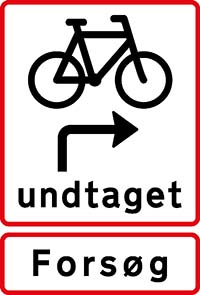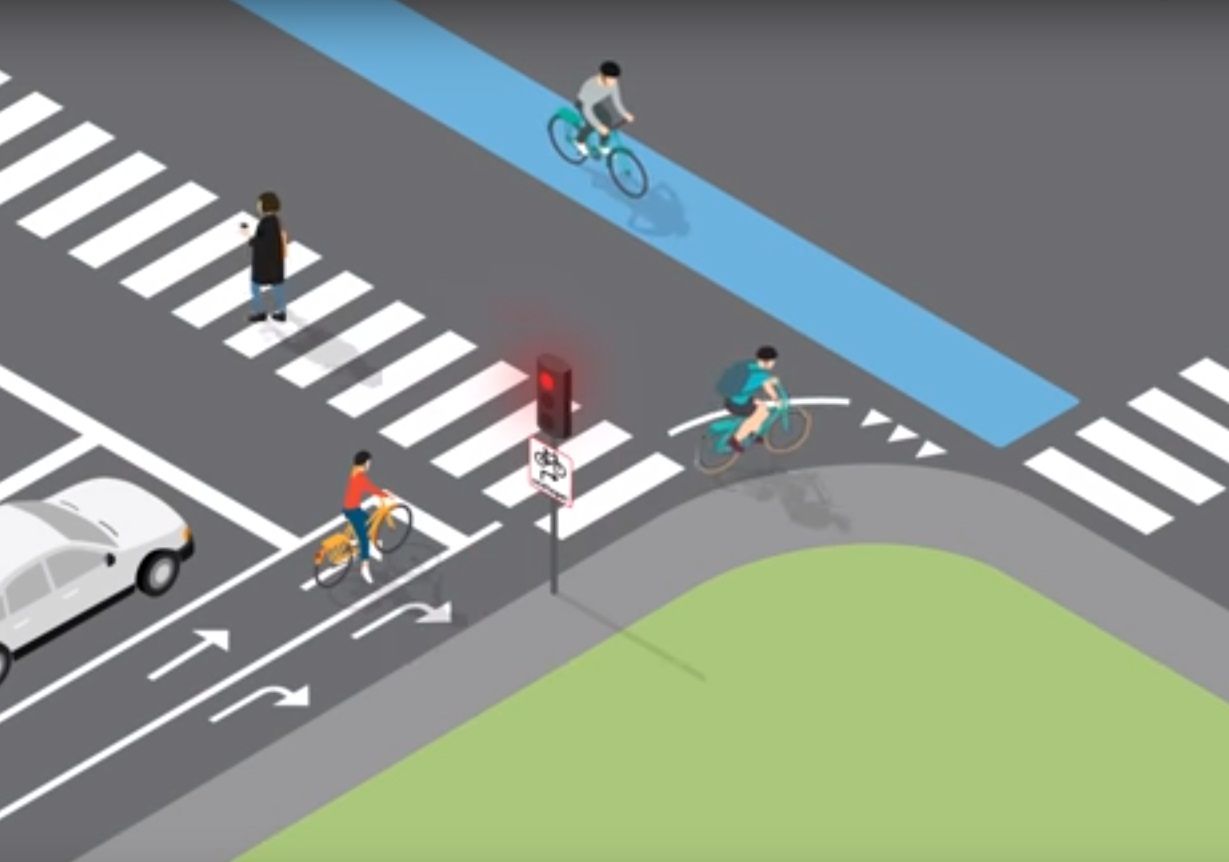Thanks to a successful trial period over the past two years, the Transport Ministry has given its approval for right turns at red lights for bicycles at selected intersections.
The trial, which lasted from 2013-2015 and involved right turns being permitted at red lights for bicycles at 33 crossroads around Denmark, did not jeopardise traffic safety.
“Like everyone else in the traffic, cyclists need to reach their destinations quickly,” said the transport minister, Hans Christian Schmidt.
“With the option of turning right through a red light at selected intersections, we can provide cyclists a simple option to continue their routes. But it also requires cyclists to be considerate on the roads.”
READ MORE: Cycling in Copenhagen: 10 most dangerous intersections
Police on board
The intersections were selected on state roads across the nation, with a particular focus in larger cities where there are most cyclists. Despite the number of cyclists turning right through the red lights increasing by 30 percent at the intersections, there was not an increase in accidents there.
The State Police did not see any problems in the project continuing, as long as the selected intersections live up to the criteria.
The criteria includes the bicycle path being able to be split into right-turn and straight-on lanes. Furthermore, the bicycle path must continue after the right turn and there shouldn’t be too many pedestrians using the intersection crossing.
The selected intersections are clearly marked with signs that indicate that cycling right during a red light is allowed. The action is still illegal at all other intersections. See a map of the intersections here.
















